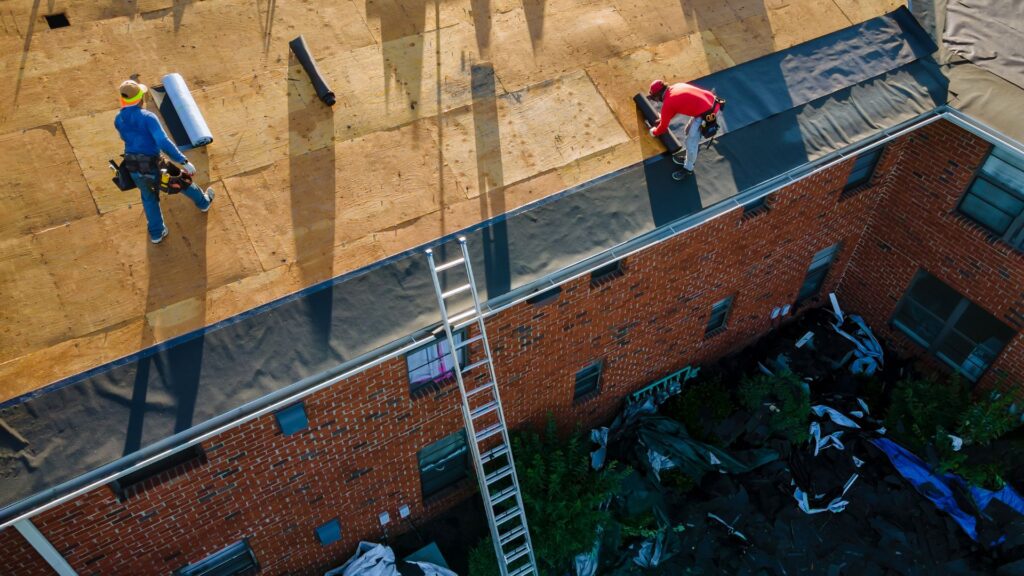When it comes to maintaining the integrity and efficiency of your home, few elements are as critical as the roof. It’s the primary barrier against environmental elements, significantly influences energy efficiency, and plays a crucial role in determining your property’s overall value. However, when roofing issues arise, homeowners are faced with a pivotal decision: repair the existing damage or opt for a complete roof replacement. This post aims to delve into the financial aspects of roof repair versus replacement, offering insights to guide homeowners through this complex decision-making process.
The dilemma of whether to repair or replace a roof is not just a matter of immediate cost but involves weighing the long-term financial implications, the current condition and age of the roof, and personal homeowner goals. Understanding the nuances of each option can help in making an informed decision that aligns with both financial constraints and future aspirations. Shield Roofing is here to provide an in-depth cost analysis and professional guidance to navigate this important choice.
Understanding Roof Repair

Roof repair typically encompasses addressing specific damage areas, such as fixing leaks, replacing a handful of shingles, or correcting ventilation issues. These repairs are essential for extending the life of your roof and preventing minor issues from escalating into major problems. The cost of roof repairs can vary widely, influenced by the extent of the damage, the type of roofing materials involved, and labor rates in your area. Generally, repairs are considered a cost-effective solution for extending roof longevity without the significant expense of a full replacement.
However, repairs have their limitations. They may not always be the most economical choice in the long run, especially if the roof is nearing the end of its expected lifespan or if damage is widespread. In cases where repairs become a recurring necessity, the cumulative cost could approach or even surpass that of a new roof, without offering the same level of assurance or increasing home value. The benefits of repairing your roof include immediate cost savings and minimal disruption, but it’s crucial to consider the roof’s overall condition and future performance.
Understanding Roof Replacement
A roof replacement involves the complete removal of the old roofing system and the installation of a new one. This process not only addresses any existing damage but also provides an opportunity to upgrade the home’s energy efficiency and aesthetic appeal. The initial cost of a roof replacement is undoubtedly higher than repairs, factoring in materials, labor, disposal, and potentially structural repairs. However, a new roof can significantly increase property value, improve energy conservation, and offer peace of mind with new warranties.
The benefits of replacement extend beyond immediate aesthetics and function. A new roof can offer a fresh start, free from the patchwork of repairs and with a lifespan that can extend decades into the future. It’s an investment in your home’s structural integrity and marketability, particularly if you plan to sell in the coming years. While the upfront cost can be daunting, financing options and the potential for increased home value make it a worthwhile consideration for many homeowners.
Comparative Cost Analysis
The short-term costs of roof repair are invariably lower than replacement. Repairing specific damage can be a budget-friendly way to extend your roof’s service life. However, when considering long-term financial implications, the calculation becomes more nuanced. A new roof may offer more significant savings over time through improved energy efficiency, fewer repair needs, and increased durability against weather elements. By examining case studies, homeowners can see real-world examples of how both options play out financially, including initial outlay, maintenance costs, and potential energy savings.
A thorough cost analysis also considers the lifespan of the repairs versus a new roof. Frequent repairs might solve immediate problems but can add up, making replacement a more economically sound choice in some scenarios. Conversely, if a roof has many years left in its lifespan, targeted repairs could be the more prudent financial decision. Homeowners must weigh immediate expenses against long-term benefits, considering how each option fits into their current financial situation and future plans.
Factors Influencing the Decision
The age and condition of the roof are paramount when deciding between repair and replacement. An older roof nearing the end of its expected lifespan may be better suited for replacement, especially if repairs have become frequent. On the other hand, a relatively new roof with minor damage likely requires only repairs to restore its integrity. Homeowner goals also play a critical role; those planning to sell their home soon might lean towards repairs for a quick fix, while those staying long-term might consider replacement for its lasting benefits.
Warranties and insurance coverage can also influence this decision. Some repairs might be covered under the current roofing warranty or home insurance policy, significantly reducing out-of-pocket costs. However, a new roof often comes with a new warranty, providing long-term protection and value. Homeowners must consider these factors, along with their financial capacity and long-term property goals, to make a well-informed decision.
Making the Decision
The critical step in making this decision is obtaining a professional roof inspection. Experts like those at Shield Roofing can assess the extent of damage, the overall condition of the roof, and provide a detailed analysis of the repair versus replacement options. This professional assessment helps homeowners understand the specifics of their situation, including the potential for unseen damage that could influence the decision. A thorough inspection lays the groundwork for a cost-benefit analysis, allowing homeowners to weigh the immediate costs against the long-term advantages and drawbacks of each option.
In conducting a cost-benefit analysis, homeowners should consider not just the financial outlay but also the value added to their home, the projected lifespan of the repair or replacement, and potential energy savings. This comprehensive approach ensures that the decision is not solely about addressing current issues but about investing in the home’s future. Choosing a reputable and experienced contractor is crucial for this process; look for companies with solid references, transparent pricing, and a commitment to quality workmanship.
The decision between roof repair and replacement involves a careful analysis of immediate costs, long-term benefits, and individual homeowner goals. While repairs may offer a cost-effective solution for minor damage, a full replacement can provide substantial value through enhanced energy efficiency, increased property value, and peace of mind. Homeowners should consider the age and condition of their roof, potential warranties and insurance coverage, and their future plans for the property when making this decision.
Professional guidance from a trusted roofing contractor like Shield Roofing is invaluable in navigating this complex decision. Our team is dedicated to providing comprehensive inspections, honest advice, and high-quality work, whether you choose to repair or replace your roof. We understand the importance of your investment and are committed to helping you make the best decision for your home and financial future.
If you’re facing the dilemma of repairing or replacing your roof, don’t navigate this significant decision alone. Contact Shield Roofing for a professional inspection and personalized consultation. Our expert team will assess your roof’s condition, provide a detailed cost analysis, and guide you through every step of the decision-making process. Trust us to help you secure your home’s safety, efficiency, and value for years to come.
